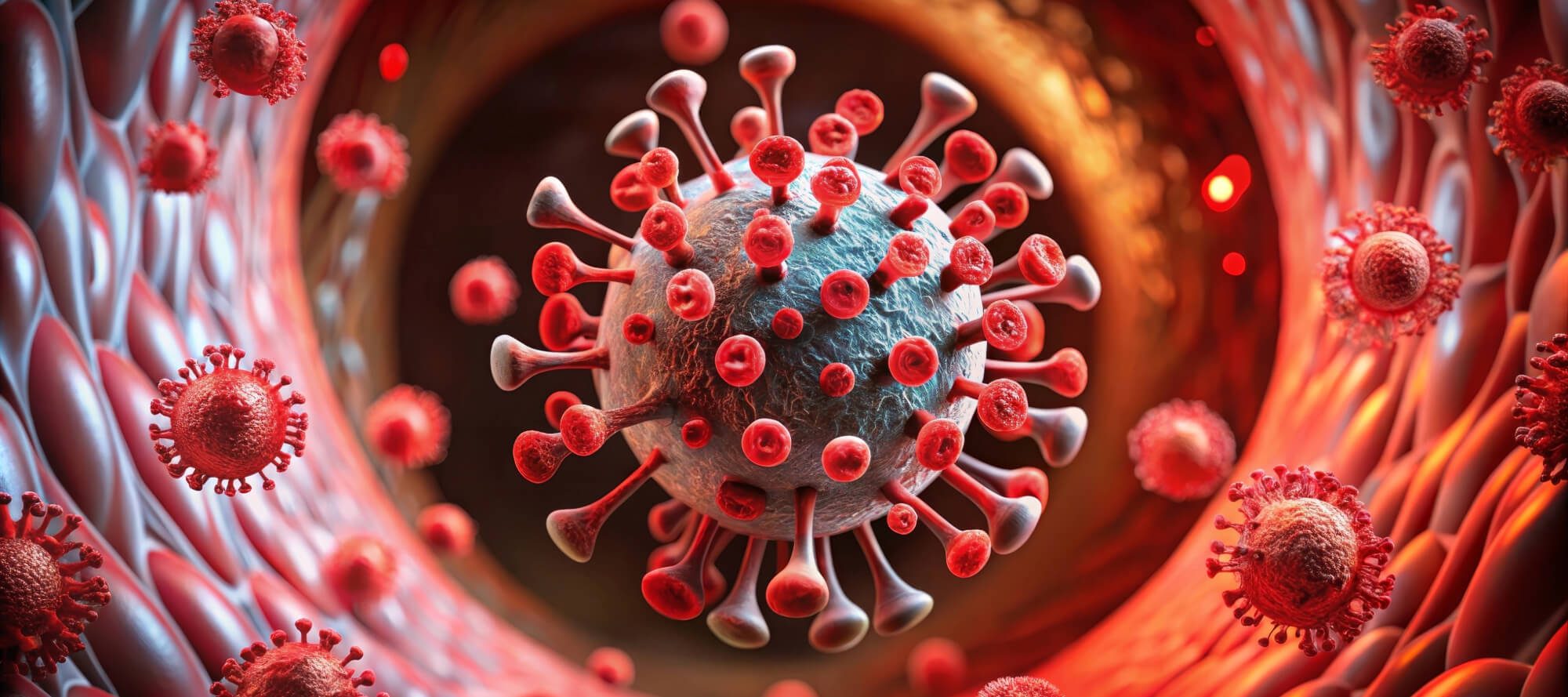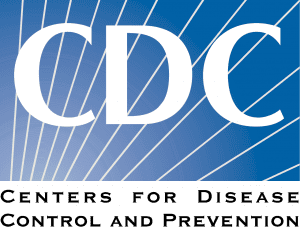- The Platform Trial In COVID-19 Priming and BOOsting (PICOBOO): The Immunogenicity, Reactogenicity, and Safety of Different COVID-19 Vactions Administered as a Second Booster (Fourth Dose) in AZD1222 Primed Individuals Aged 50-<70 Years Old
Authors report all vaccines were immunogenic, with more rapid waning after mRNA vaccines. Their data support boosting with vaccines with greater specificity for circulating Omicron subvariants. - COVID-19 Disease Incidence and Severity in Previously Infected Unvaccinated Compared with Previously Uninfected Vaccinated Persons
Here they are asking, who does better, those that are relying on the protection afforded by surviving a prior infection of those that are counting on those vaccines? They use the VA COVID-19 National Database to create matched pairs of previously uninfected vaccinated (≥2 doses of an mRNA vaccine) and previously infected unvaccinated individuals. The incidence rate (per 1000 person-days) of infections among vaccinated individuals (0.30, 95% CI 0.29-0.32) was similar to reinfection rate among unvaccinated individuals (0.31, 95% CI 0.30-0.32; p=0.5). The incidence rate of hospitalization/death was higher after reinfection (7.31, 95% CI 6.66-8.03) compared with rate after breakthrough infection (4.69, 95% CI 4.06-5.42; P<0.0001). Looking at the unvaccinated reinfected age >= 65 the incidence rate of hospitalization or death /1,000 person-days was 16.62. The incidence of hospitalization/death is significantly higher after reinfection among unvaccinated individuals compared with infection after vaccination.
- COVID-19 Is a Coronary Artery Disease Risk Equivalent and Exhibits a Genetic Interaction With ABO Blood Type
The study found that people with any type of COVID-19 infection were twice as likely to have a major cardiac event, such as heart attack, stroke or even death, for up to three years after diagnosis. The risk was significantly higher for patients hospitalized for COVID-19 and more of a determinant than a previous history of heart disease. Further genetic analysis also revealed individuals with a blood type other than O (such as A, B or AB) were twice as likely to experience an adverse cardiovascular event after COVID-19 than those with an O-blood type. - Quantitative Susceptibility Mapping at 7 T in COVID-19: Brainstem Effects and Outcome Associations
Neuroradiological changes have been described in severely affected hospitalized patients with severe acute respiratory syndrome coronavirus (SARS-CoV-2) causing coronavirus disease 2019 (COVID-19). The most common acute findings are cerebral microhemorrhages, encephalopathy and white matter hyperintensities. Brainstem involvement in COVID-19 has also been reported in autopsy studies, which show tissue neurodegeneration and inflammatory responses. These abnormalities are reflected by MRI-visible changes in the brainstem in the acute phase of the illness. Such brainstem abnormalities have been proposed as a mechanism for post-acute COVID syndrome 2 (PACS), which may be related to ‘Long-COVID’. Here these investigators recruited people who were hospitalized with COVID-19 and subsequently discharged as ‘post-hospitalized patients’ (COVID group; n = 31, 18 males, age 57 ± 12 years). They had as control groups Healthy Controls (HC) (HC group, n = 51, 34 males, age 53 ± 15 years). These came from three subgroups: people scanned before December 2019, i.e. before possible exposure to COVID-19 (‘HC1 and HC2 subgroups’, n = 18 and n = 24, respectively); and people scanned during the pandemic before April 2021 who were asymptomatic with no history of positive SARS-CoV-2 PCR (‘HC3 subgroup’, n = 9). This study provides imaging evidence for mid- to long-term microstructural abnormalities in the brainstem following COVID-19 hospitalization. Key findings were that in COVID-19 survivors, multiple regions of the medulla oblongata, pons and midbrain show magnetic resonance susceptibility abnormalities at a median time of 6.5 months from hospital admission. These differences are consistent with a neuroinflammatory response. The fact that these regions that were affected several weeks after hospitalization are the sites of respiratory pathways suggests that lasting symptoms might be an indirect effect of brainstem inflammatory injury following COVID-19.
Situation Dashboards

World Health Organization (WHO)
Novel Coronavirus (COVID-19) Situation from World Health Organization (WHO)

Johns Hopkins University (JHU)
Coronavirus COVID-19 Global Cases by the Center for Systems Science and Engineering (CSSE) at JHU

COVID-19 in US and Canada
1Point3Acres Real-Time Coronavirus (COVID-19) Updates in US and Canada with Credible Sources

Genomic Epidemiology COVID-19
Genomic Epidemiology of (COVID-19) Maintained by the Nextstrain team, enabled by data from GISAID.





